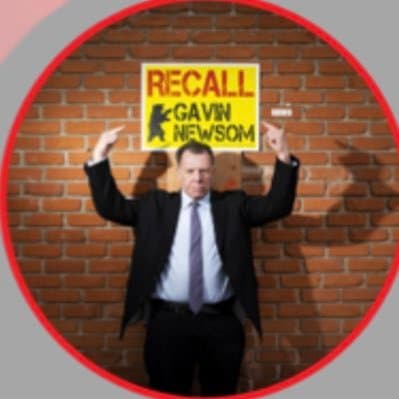Viral Social Media Post Sparks Debate on Government Aid, Citing 74.9% Employment Rate Among Single Mothers

A recent social media post, widely shared by conservative activist Mike Netter, has reignited discussions surrounding government assistance programs, personal responsibility, and economic dependency. The post features a woman expressing strong views on the perceived pitfalls of relying on governmental support, linking it to broader concepts of socialism and communism. Her commentary asserts that dependency on the government for essential needs, such as food, grants authorities the power to withdraw that support.
"If you depend on the government for food, you're giving them the ability to take the food away from you," the woman stated in the viral content. She continued, > "This is why socialism doesn't work. This is why communism doesn’t work. This is why people end up poor and starving."
The woman specifically criticized individuals, including single mothers, who she believes rely on aid despite being able-bodied. She challenged the notion of entitlement, stating, > "I don’t know what level of entitlement you have to reach to think that your family is the taxpayer’s responsibility, but it’s your family." She further contended, > "If you’re able-bodied enough to get up and go steal food from Walmart, then you’re able-bodied enough to get up and get a job at Walmart instead."
Government food assistance programs, such as the Supplemental Nutrition Assistance Program (SNAP), aim to provide nutrition benefits to low-income families, enabling them to purchase healthy food and move towards self-sufficiency. Eligibility for SNAP is primarily based on income and household size, with many able-bodied adults without dependents facing work requirements of at least 20 hours per week, though exemptions exist for various reasons.
Statistics from 2023 indicate that 74.9 percent of single mothers in the U.S. were employed, highlighting a significant level of workforce participation within this demographic. Despite these high employment rates, the poverty rate for families maintained by women with no spouse present was 20.6 percent in 2022, significantly higher than that of married-couple families, underscoring the economic challenges many single-mother households face.
Debates surrounding welfare programs often balance their role as a social safety net against concerns about fostering dependency. Proponents argue these programs reduce poverty and provide essential support, while critics, like the sentiment expressed in the viral post, often raise concerns about work disincentives and the cost to taxpayers. Mike Netter, known for his conservative activism, frequently shares content that critiques government spending and advocates for individual responsibility.